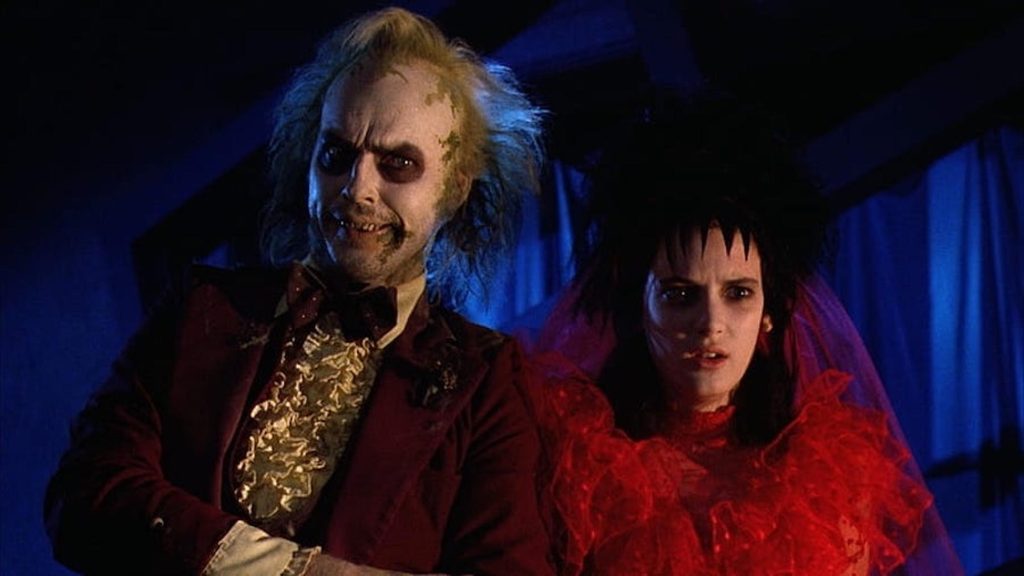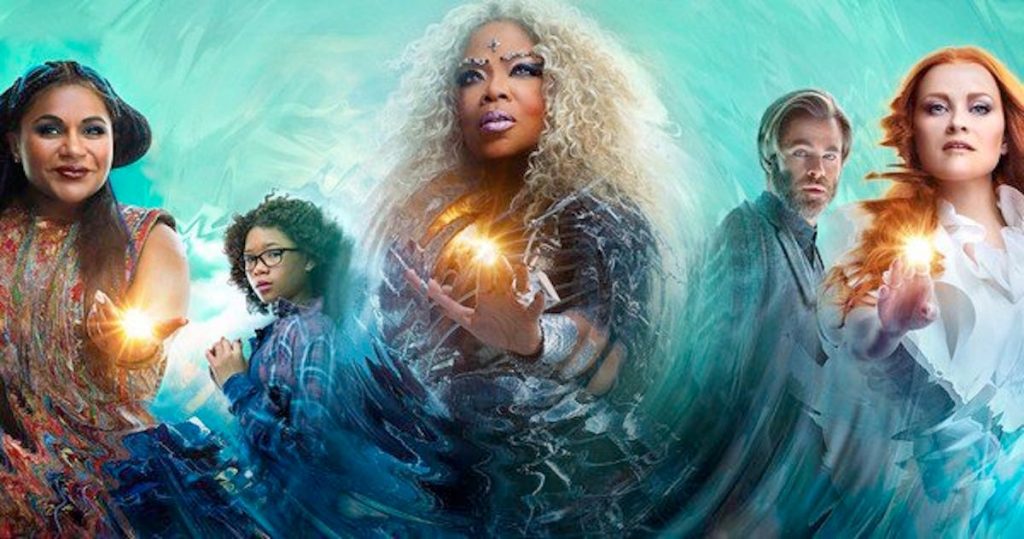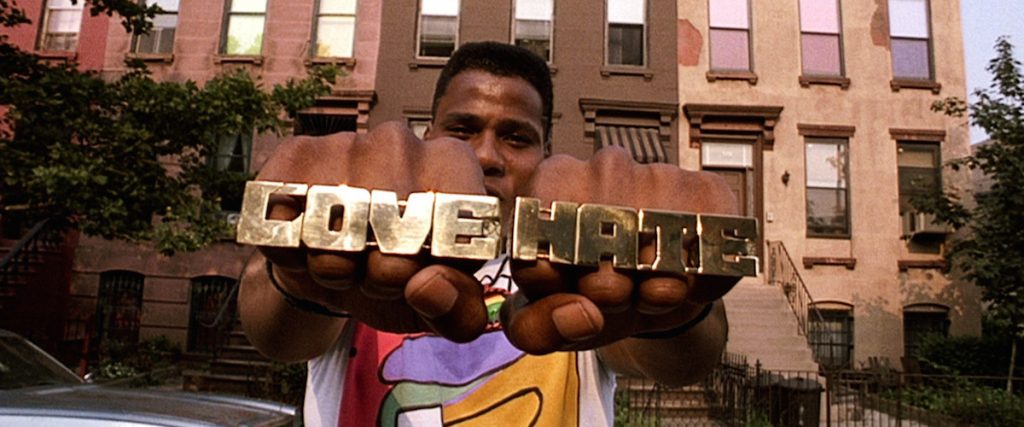Scorsese. Tarantino. We can instantly identify signature styles, techniques, work ethic, personality traits, and many other unique qualities or images associated with those names because of the brand they’ve built as filmmakers. Building a brand is creating your own identity among the many millions of other filmmakers out there trying to do the same thing. It’s about differentiating yourself from everyone else and giving people a story about you and what you offer – otherwise known as your reputation.
Styles of Filmmaking: Exploring the Brands of Famous Directors
Terms like “personal branding” can repel artists like the plague. But the reality is business can be just as much a part of filmmaking as art – particularly in our current digital landscape where information is ubiquitous, and every man and his dog has a platform to vie for your attention. As filmmaking is synonymous with storytelling, building your brand isn’t as daunting a task as you may think — in a way, it’s telling the story of yourself.
With that in mind, the most important things to portray through your brand are:
- Who you are
- What it is you do
- How you go about it
- Where you’d like to go
A few directors with signature styles of filmmaking include:

Tim Burton
Tim Burton typically makes films with Gothic and fantastical themes, dark humor, and quirky characters. His niche is specific, which is important for aspiring filmmakers to master. Some of his most well-known films, such as Edward Scissorhands (1990), The Nightmare Before Christmas (1993), and Beetlejuice (1988) are cult classics. Beetlejuice is so popular; in fact, it’s inspiring a long-awaited sequel starring Winona Ryder and Jenna Ortega. It is also a stage musical.
Image via YouTube.
Chloé Zhao
Zhao’s films lean into naturalistic storytelling and help audiences explore the American West. Her films, including Nomadland (2020) and The Rider (2017), have a mix of non-professional and professional actors, creating a more authentic experience for audiences. Nomadland easily made our list of top films to watch before film school, with its genuine and immersive portrayal of a subculture often overlooked in mainstream cinema.
Quentin Tarantino
With styles of filmmaking that include nonlinear narratives, sharp dialogue, pop culture references, and eclectic soundtracks, Director Quentin Tarantino has created notable films, including Pulp Fiction (1994), the Kill Bill series (2003, 2004), and Django Unchained (2012). In every film crafted by Tarantino, a distinct and unmistakable style emerges: narratives fragmented and rearranged in time, mundane dialogue scenes elevated to the forefront, and a keen, audacious integration of music.

Ava DuVernay
DuVernay’s socially conscious storytelling, advocacy for diversity and inclusion, and visually powerful narratives have brought stories like Selma (2014), 13th (2016), and A Wrinkle in Time (2018) to life. Selma’s commitment to historical accuracy regarding Martin Luther King Jr., as well as its relevance to discussions about civil rights, resonated strongly with audiences. DuVernay is one of the top directors in the industry for a reason.
Image via Collider.
Wes Anderson
Symmetrical framing, vibrant color palettes, whimsical storytelling, ensemble casts, and meticulous set design are huge components of Wes Anderson’s filmmaking style. Movies like The Grand Budapest Hotel (2014), Moonrise Kingdom (2012), and The Royal Tenenbaums (2001) have helped establish a look and feel that’s all his own, extremely difficult to replicate.
Greta Gerwig
The success of the 2023 film Barbie catapulted Gerwig’s status as a director. But before the 2023 hit, her quirky and authentic character portrayals and exploration of coming-of-age themes made her well-established for films like Lady Bird (2017) and Little Women (2019).

Spike Lee
Spike Lee is known for creating films with social and political commentary, dolly shots, vibrant color schemes, and exploration of racial issues. Some of his greatest films, including Do the Right Thing (1989), Malcolm X (1992), and BlacKkKlansman (2018), are exceptional and thought-provoking, inspiring audiences worldwide.
Nora Ephron
Nora Ephron’s romantic comedies are well-known for their sharp and witty dialogue, with Meg Ryan starring in hits like When Harry Met Sally (1989), Sleepless in Seattle (1993), and You’ve Got Mail (1998).
Styles of Filmmaking and Personal Branding: An Essential Balance
Like the directors mentioned above, it’s vital to be authentic and showcase your individuality and uniqueness. Styles of filmmaking, such as the color concept, font, showreel, and ‘about me’ sections on your website, can also influence your personal branding. If you use social media, you can use these elements throughout Facebook, Twitter, YouTube, Instagram, or any other platform you choose to market yourself.
Creator of Instagram filmmaking community @filmmakersworld, Emanuele Giannini, thinks of the platform as today’s digital portfolio for filmmakers and claims it’s a great way to “build an audience, attract new business, and collaborate online.” Because your brand is tied to the emotions or impressions people have of you, your relationships and how you communicate and engage with others will always play a big part.
If you have a production company, you can also establish a logo and other design elements that correspond with the adjectives you want your audience to associate you with. Be sure to feature this on all of your digital mediums (and non-digital, like your business card). When it comes to branding, consistency is key.
Advance Your Filmmaking Skills at NYFA
When all is said and done, a brand won’t garner much positive attention if you’re not putting great care and effort into your work. Aspiring filmmakers should always be working on their filmmaking skills first and foremost, continually honing and evolving their voices. Then go forth and build that filmmaking identity – tell your story and make it great! Learn more about advancing your filmmaking skills at NYFA today!